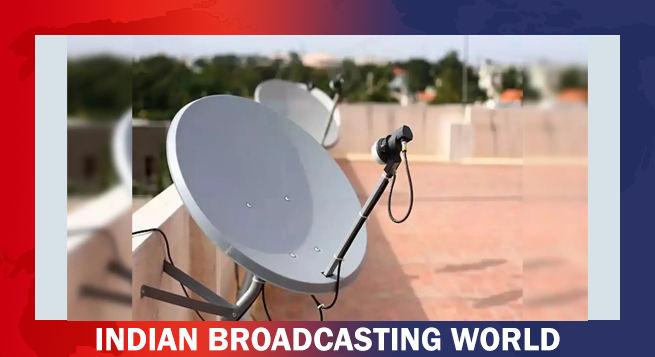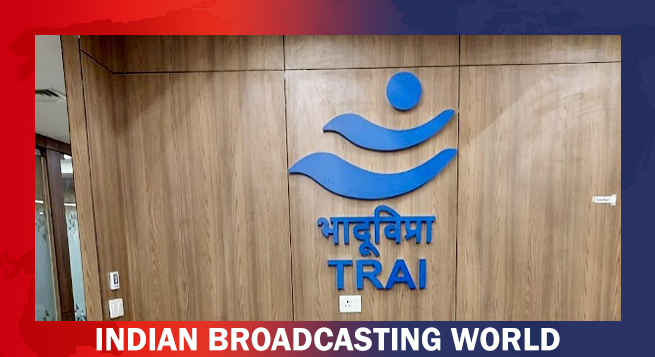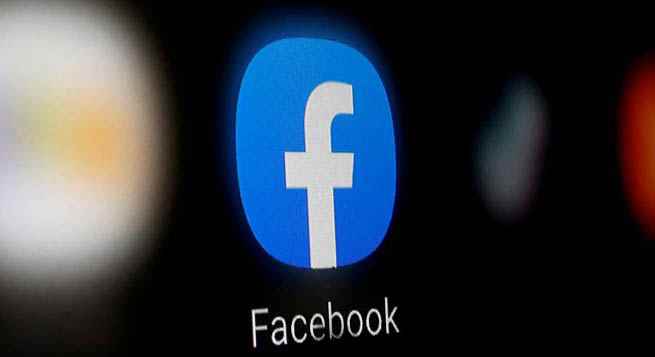The U.S. Supreme Court on Thursday made it easier for businesses to pester consumers with phone calls or text messages by tossing out a lawsuit accusing Facebook Inc of violating a federal anti-robocall law.
The justices, in a 9-0 decision authored by Justice Sonia Sotomayor, sided with Facebook over its argument that text messages the social media company sent did not violate a 1991 federal law called the Telephone Consumer Protection Act (TCPA).
The case highlighted the challenge for the justices in applying outdated laws to modern technologies. The ruling sparked calls for the U.S. Congress to update the law, enacted three decades ago to curb telemarketing abuse by banning most unauthorized robocalls.
“By narrowing the scope of the TCPA, the court is allowing companies the ability to assault the public with a non-stop wave of unwanted calls and texts, around the clock,” Reuters quoted Democratic Senator Edward Markey and Democratic Representative Anna Eshoo as saying in a joint statement.
The court ruled that Facebook’s actions – sending text messages without consent – did not fit within the technical definition of the type of conduct barred by the law, which was enacted before the rise of modern cellphone technology.
Montana resident Noah Duguid, who said Facebook sent him many automatic text messages without his consent, filed the lawsuit in 2015 in California federal court. The lawsuit accused Menlo Park, California-based Facebook of violating the Telephone Consumer Protection Act’s restriction on using an automatic telephone dialing system, Reuters reported.
Facebook said the security-related messages, triggered when users try to log in to their accounts from a new device or Internet browser, were tied to users’ cellphone numbers.
“As the court recognized, the law’s provisions were never intended to prohibit companies from sending targeted security notifications and the court’s decision will allow companies to continue working to keep the accounts of their users safe,” Facebook said in a statement.
 Govt. not considering rules for use of AI in filmmaking: Murugan
Govt. not considering rules for use of AI in filmmaking: Murugan  DTH revenue slide to ease to 3–4% this fiscal year: Report
DTH revenue slide to ease to 3–4% this fiscal year: Report  At Agenda Aaj Tak, Aamir, Jaideep Ahlawat dwell on acting, Dharam
At Agenda Aaj Tak, Aamir, Jaideep Ahlawat dwell on acting, Dharam  JioHotstar to invest $444mn over 5 years in South Indian content
JioHotstar to invest $444mn over 5 years in South Indian content  Standing firm, TRAI rejects DoT views on satcom spectrum fee
Standing firm, TRAI rejects DoT views on satcom spectrum fee  Diljit Dosanjh wraps shoot for untitled Imtiaz Ali film
Diljit Dosanjh wraps shoot for untitled Imtiaz Ali film  ‘Bhabiji Ghar Par Hai 2.0’ to return with comedy, chaos, a supernatural twist
‘Bhabiji Ghar Par Hai 2.0’ to return with comedy, chaos, a supernatural twist  BBC names Bérangère Michel as new Group CFO
BBC names Bérangère Michel as new Group CFO  ‘Border 2’ teaser to be unveiled on Vijay Diwas
‘Border 2’ teaser to be unveiled on Vijay Diwas  CNN-News18 Rahul Shivshankar takes editorial charge
CNN-News18 Rahul Shivshankar takes editorial charge 









